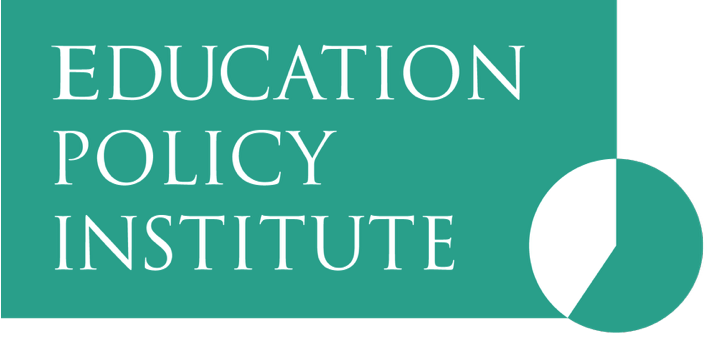In this report, we examine the relationship between the number of suspensions, or temporary removals from school, in secondary school and outcomes for pupils in England. We studied a cohort of 585,827 pupils who were registered in a state school in year 7 in 2014, following their time through secondary school until they sat their GCSE exams in 2019.
The research follows data showing that the rates of suspension from secondary school increased substantially in the years before the pandemic and reached their highest point in more than a decade in 2022. It also shows that pupils with social, emotional, or mental health needs were more likely to be suspended.
The report finds that:
- Pupils with even one suspension are, on average, not achieving a standard pass in GCSE English and maths
- Pupils with multiple suspensions have poorer education outcomes. Suspended pupils are, on average, approximately 12 months behind their not-suspended peers and are not achieving a standard pass in GCSE English and maths. This association persists after controlling for a wide range of student and school characteristics.
- The proportion of pupils identified with special education needs or disabilities (SEND) increases in line with the number of suspensions. Pupils suspended ten times were almost three times as likely to be identified with SEND as pupils who were suspended once. Of all SEND types, social, emotional, or mental health needs (SEMH) were the most common amongst suspended pupils.
- Multiple suspensions are a risk factor for permanent exclusion. Pupils suspended ten times were 15 times as likely to be permanently excluded compared to pupils who were suspended once.
- By the time they sit their GCSEs, pupils with multiple suspensions are less likely to be in a mainstream school and more likely to be in alternative provision (AP). Pupils suspended ten times or more were almost 15 times as likely to finish secondary school in alternative provision compared with pupils who were suspended once.
- Worryingly, separate survey evidence shows that many teachers do not feel equipped to support pupils with additional needs in their classroom.

